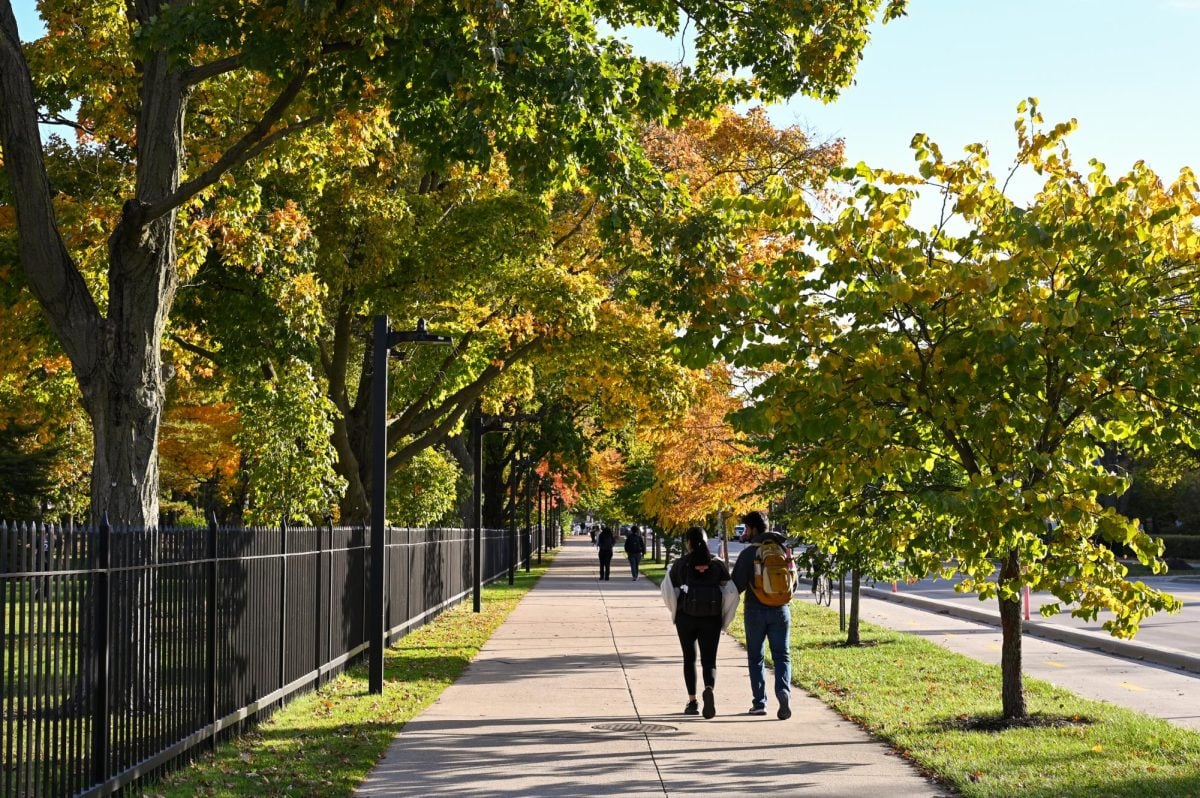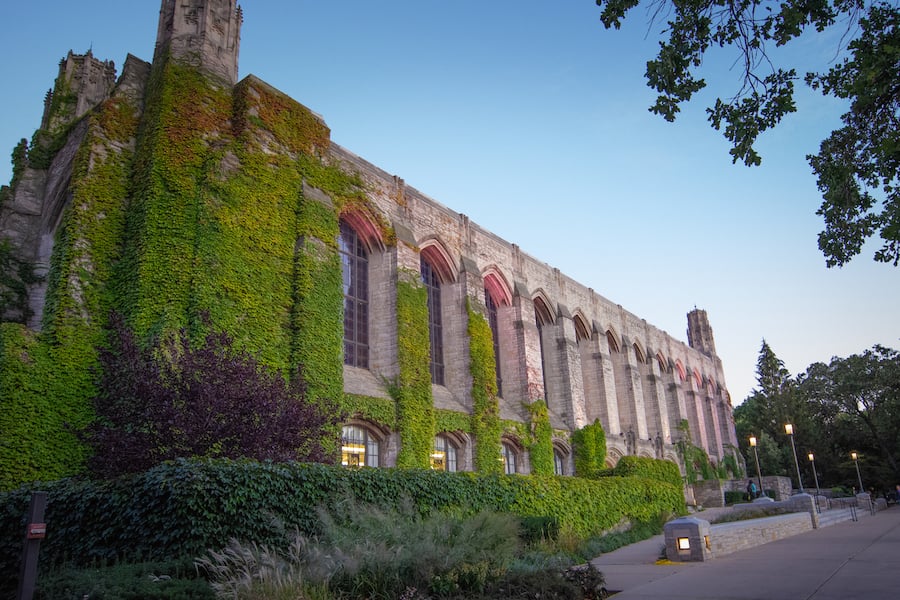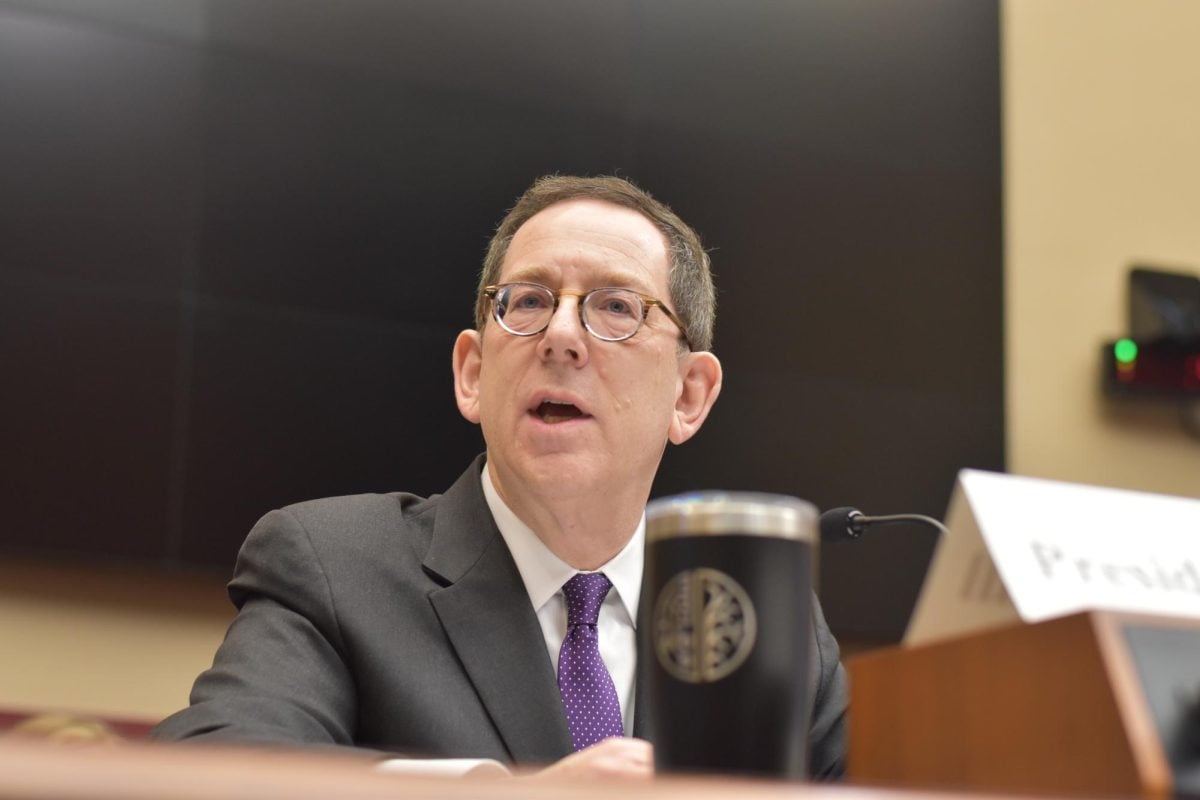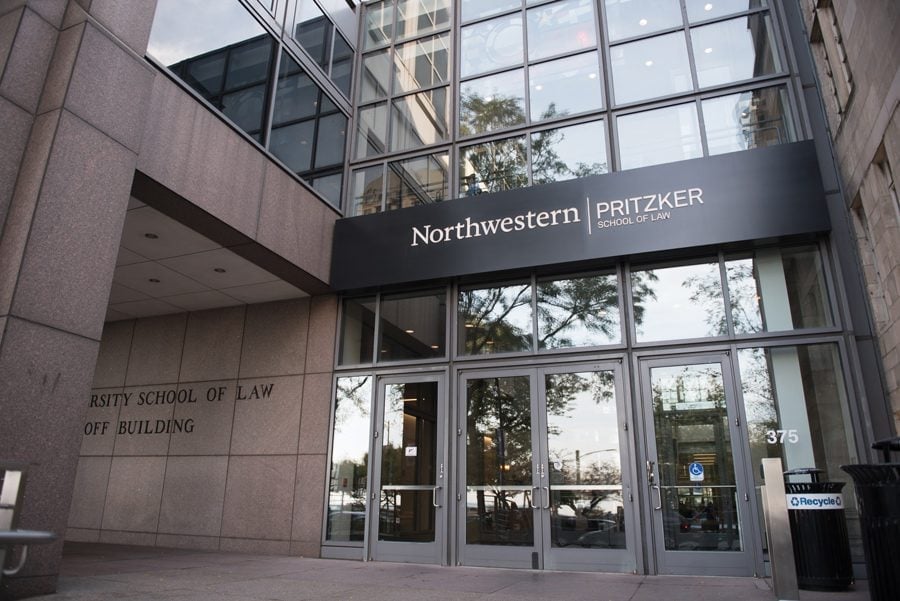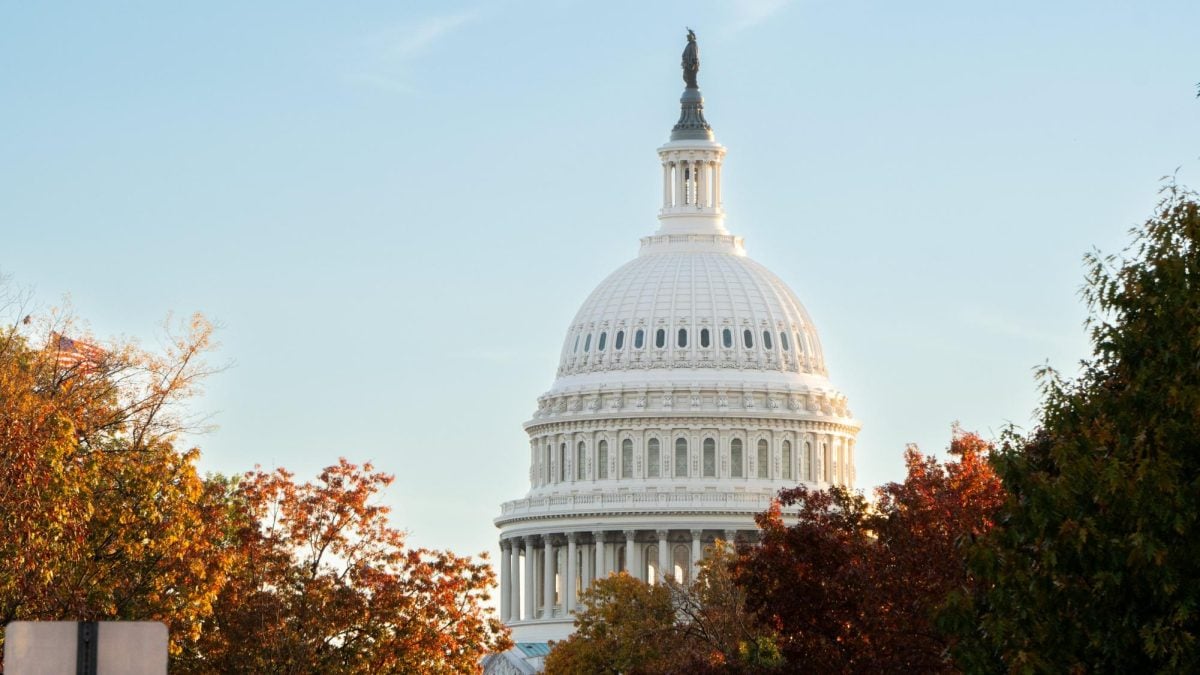Vice President for Student Affairs Patricia Telles-Irvin is reestablishing the Northwestern University Police Advisory Board, charged with hearing student concerns about campus security and police treatment of students.
The board last met in 2009. According to Weinberg junior Justin Clarke, the incoming coordinator of For Members Only, the board will meet next Thursday.
Telles-Irvin reorganized the advisory board again after students complained it had been discontinued during last winter’s Caucus Against Racial Prejudice.
The Coalition of Colors originally wanted to create a board after Joshua Williams (Communication ’10) said he was racially profiled on campus by Kellogg School of Management administrators and University Police. However, the board only met three times, Telles-Irvin said.
Telles-Irvin said the board will meet two to three times a year.
“It’s going to be a broad-based discussion on many issues that impact students,” she said. “Really it’s to enhance communication between students and (NUPD) but also to come up with concerns that might be happening so they are aware.”
Although Telles-Irvin said the board met for the last time in 2009, DAILY archives suggest the board also planned to meet during Fall Quarter in 2010.
NUPD Deputy Chief Daniel McAleer said the advisory board will include Telles-Irvin and Chief of Police Bruce Lewis. According to the NUPD website, the board will also have representatives from the Coalition of Colors, Alianza, For Members Only, Muslim-cultural Students Association, Associated Student Government and the Graduate Student Association.
McAleer said meetings of the original advisory board ended when the previous vice president of student affairs, William Banis, left his post.
“It wasn’t supposed to fade out,” McAleer said. “It’s just a matter of the leadership transitioning in VP of student affairs from Banis to Telles-Irvin.”
Dean of Students Burgwell Howard said Lewis reached out to students several times to schedule more meetings but students were so busy that they weren’t able to find a time to get together again.
The first advisory board helped create a brochure that informed students of their rights concerning the police. The board also helped create a NUPD policy in which officers give students their business cards after interacting with them so they can file comments about the officer if they want, Howard said.
SESP senior Tyris Jones, a member of the original advisory board, said he will not participate again this year. He said he hopes this advisory board is more effective than its predecessor.
“The board was essentially dismantled,” he said. “I don’t know how helpful it was. I’m hoping the new board will be much more helpful and will produce a lot more concrete results.”
Jones also said it is an appropriate time to bring back the advisory board given recent racially charged events on campus.
“I think we’re looking at a climate where minority students are more likely to be stopped by NUPD,” he said. “They’re more likely to be asked for their WildCARDs, or they have these incidents like the egging situation.”
Jones said the board should focus on how to stop “racially charged incidents.”
McAleer said although NUPD dealt with bias incidents on campus this year, he had not seen a lot of campus issues directly concerning the police.
“I don’t think that police conduct has been at the forefront of issues on campus this year,” McAleer said. “We certainly hope that it continues in that direction.”
Howard said he hopes the reestablishment of the board will improve the relationship between students and officers.
“We want students to see the police as an ally and an asset and not something to necessarily be avoided,” he said.
